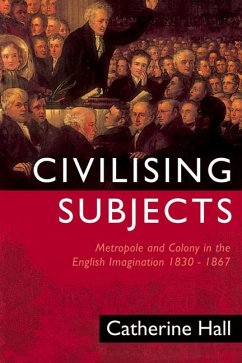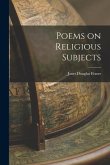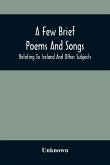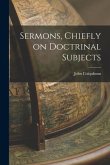How did the English get to be English? In Civilising Subjects, Catherine Hall argues that the idea of empire was at the heart of mid-nineteenth-century British self-imagining, with peoples such as the "Aborigines" in Australia and the "negroes" in Jamaica serving as markers of difference separating "civilised" English from "savage" others. Hall uses the stories of two groups of Englishmen and -women to explore British self-constructions both in the colonies and at home. In Jamaica, a group of Baptist missionaries hoped to make African-Jamaicans into people like themselves, only to be disappointed when the project proved neither simple nor congenial to the black men and women for whom they hoped to fashion new selves. And in Birmingham, abolitionist enthusiasm dominated the city in the 1830s, but by the 1860s, a harsher racial vocabulary reflected a new perception of the nonwhite subjects of empire as different kinds of men from the "manly citizens" of Birmingham. This absorbing and detailed study of the "racing" of Englishness will be invaluable for students and scholars of imperial and cultural history.
Hinweis: Dieser Artikel kann nur an eine deutsche Lieferadresse ausgeliefert werden.
Hinweis: Dieser Artikel kann nur an eine deutsche Lieferadresse ausgeliefert werden.








